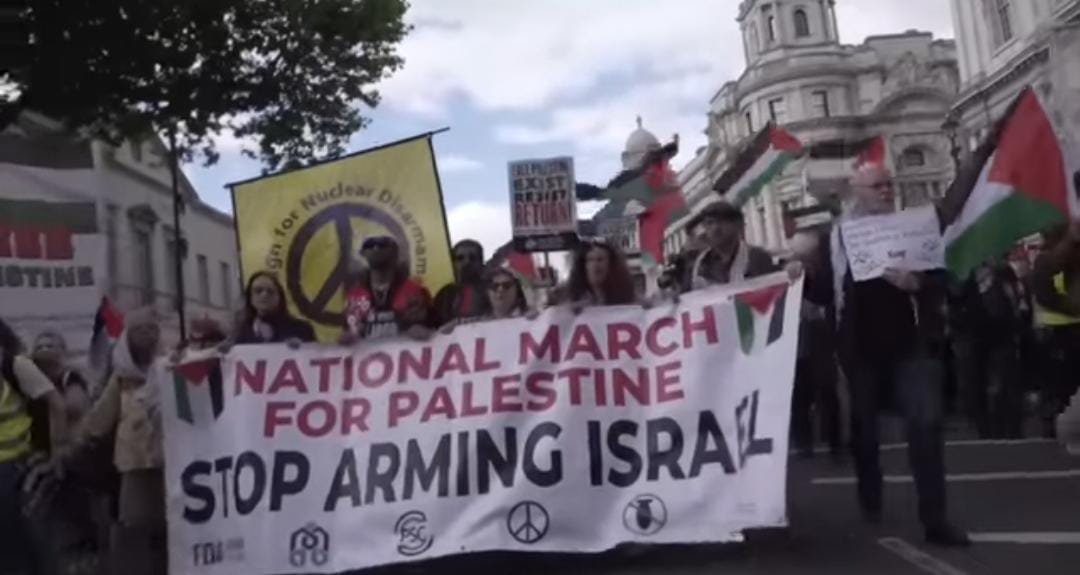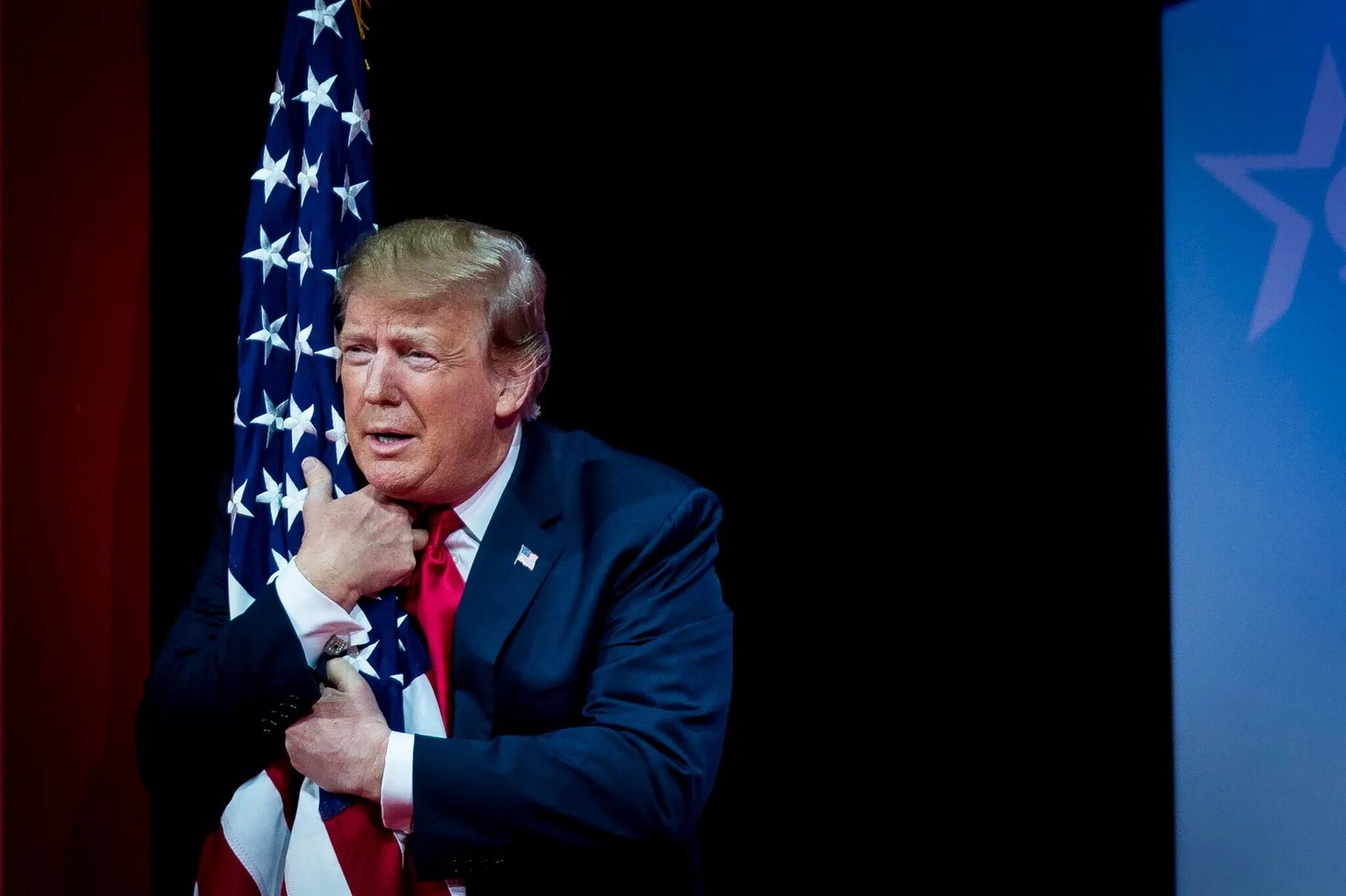Discover the bold shift in UK foreign policy as it halts arms exports to Israel. Explore the impact on global diplomacy and reactions from world leaders.
UK Foreign Policy and the Suspension of Arms Exports
This cessation came after the government’s fears that the type of military equipment being exported by the United Kingdom might be used in the ongoing Gaza conflict. Lammy further clarified this as not going to be synonymous with an arms embargo against Israel because the country has a right to defend itself. The suspension does not include all military equipment, particularly parts for the F35 fighters used by Israel, which are part of an international manufacturing program.

David Lammy’s Arms Export Decision
David Lammy’s move follows a review prompted by the Labour government’s recent change of position on international arms sales. Initiated in response to MPs’ concerns, lawyers, and international organizations about the possible misuse of British arms, David Lammy emphasized that the review did not look at Israel’s compliance with international humanitarian law but just at UK arms not being instrumental in serious violations.
The licenses ban is a politically inflammable move reflective of increased unease in the UK regarding the implications of its arms exports. The move is significant, yet it accounts for only 1% of Israel’s total defense imports. The United States is still the largest vendor of arms to Israel, supplying approximately 69% of its major conventional armaments.
Responses to the Suspension
Reaction to this suspension has been very mixed, signaling the controversial nature of UK arms export policy. Israeli officials, such as Defense Minister Yoav Gallant and Foreign Minister Israel Katz, showed their disappointment because such suspension sends out a problematic message to other adversaries, such as Hamas and Iran. Katz insisted that Israel acts only in conformation with the international rule of law and penalized the decision for fuelling false word accounts about the conduct of Israel.
On the other hand, some human rights organizations and a few MPs in the UK welcome the action, while still arguing the gesture does not go far enough. Amnesty International UK Executive Director Sacha Deshmukh said the move was “far too limited” and it could still implicate the UK in potential war crimes and other serious violations. Deshmukh called for a more widespread review of all arms exports to Israel.
Political Implications and Criticisms
The suspension is seen as a significant political move by the Labour government, a political U-turn from the stance of the previous Conservative government. The Labour government has been under unprecedented internal and external pressure to revisit its stance on the sale of arms to Israel, particularly in the face of the intensity of the fighting in Gaza and war crimes allegations.
Labour’s reinstatement of funding for UNRWA, and decision not to mount a legal challenge to the ICC over its actions against Netanyahu, further illustrated the party’s nuanced approach towards UK foreign policy. The humanitarian points are, however, unlikely to mollify critics including some Labour backbenchers and opposition parties that this move does not extend to a suspension or end to sales of military hardware to Israel.
However, Liberal Democrat and Green Party members pressed for tougher measures, questioning the exemptions and the justification for the partial suspension. On their part, several Conservative MPs assailed the move as a political gimmick that may deal hardly satisfactorily with the root causes of the situation.
Frequently Asked Questions
Q: Why did the UK suspend some arms export to Israel?
A: The UK has halted all arms exports which are covered by government licenses amid concerns that the equipment is in danger of being used in a manner that will breach international humanitarian law, especially conflict in Gaza.
Q: What does this suspension cover?
A: The suspension includes 30 out of 350 arms export licenses, including parts for fighter jets, helicopters, and drones. It does not include those for F35 fighters that Israel uses.
Q: How does this decision fit into the context of larger policy of UK?
A: The suspension is a reflection of the foreign policy of the United Kingdom to adopt a more cautious approach towards the selling of arms in the prevailing concerns over the abuse of human rights and international law.
Q: How has the people reacted to the decision of the UK?
A: Mixed. Israeli officials have condemned the suspension; human rights organizations and some MPs in the UK support the suspension but criticized it too for not going far enough.
Q: How significant is this suspension regarding arms sales from the UK to Israel?
A: The suspension covers only a minute fraction of UK arms sales to Israel; Israel imports about 1% of its total defense from the UK. The US is the primary arms supplier to Israel.
Q: What other steps has the Labour government taken vis-à-vis Israel?
A: The Labour government also resumed funding for UNRWA and decided not to challenge ICC actions against Israeli Prime Minister Benjamin Netanyahu.
The arms export ban to Israel is another landmark moment of UK foreign policy, both representing the complexities of international relations and newly evolving viewpoints on military support and human rights.




One thought on “UK Foreign Policy and suspension of arms exports to Israel”